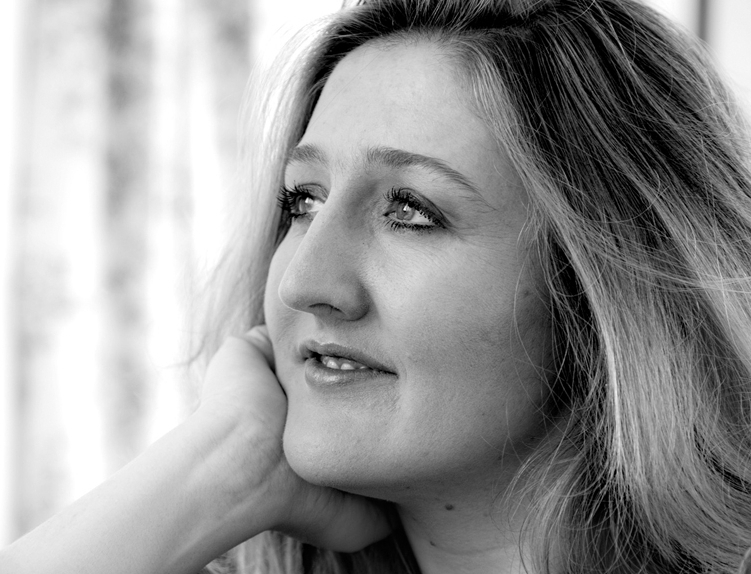Sleep and mental health in teenagers

@SheilaMcMahon : “Lockdown has affected the routine and lives of teenagers,”
A recent headline in the The Guardian newspaper posed the following question: “Is sleep a ‘magic pill’ for teen wellness in a mental health crisis?”
The article then went on to say: “Sleep can go a long way in improving mental and physical health, but teens aren’t getting enough of it – and research suggests the pandemic made things worse.”
We all know how important sleep is for the brain and body, but has it got much worse for teens during the pandemic?
According to South Staffordshire mental health counsellor, Sheila McMahon, CEO of Mind Management For You, the answer is “Yes” – because she’s had first-hand experience of it in recent months with young clients.
“Lockdown has affected the routine and lives of teenagers,”
Sheila, of Lichfield, who gives regular talks and training to education providers and students, and has spent several years working as a mental health counsellor in a Staffordshire pupil referral unit, said: “In my private practice, I have seen how as a result of the lockdown and restrictions it has affected the routines and lives of teenagers.
“For some it has been difficult balancing coping with the pandemic through switching off playing video games, then to try and not let playing games continue into the late hours of the night which will then affect their sleep.”
But what can parents do to help to improve the situation for their teens?
Increase physical activity and reduce visual stimulation to help improve sleep patterns
Sheila, who is also a comedienne and consistently sells out theatres with her mental health comedy shows, added: “Sleep is very important for a healthy mind and the brain needs time to switch off from visual stimulation.
“I’ve found that, in listening to teens, some are genuinely not tired enough when it comes to bedtime. That is where physical activity is very important, to help tire out the body, so that it’s ready to sleep.
“My advice is to try and switch off any devices at least an hour before going to bed and try things like a bath, or camomile tea, which can help you to switch off before going to sleep.
“Or try counting back from 1000, yes 1000 to focus your mind and imagine yourself drifting off into a nice relaxing sleep.”
Sheila has a series of short two minute free videos – with a fresh one posted every Sunday night – with tips to help improve mental health.











Responses